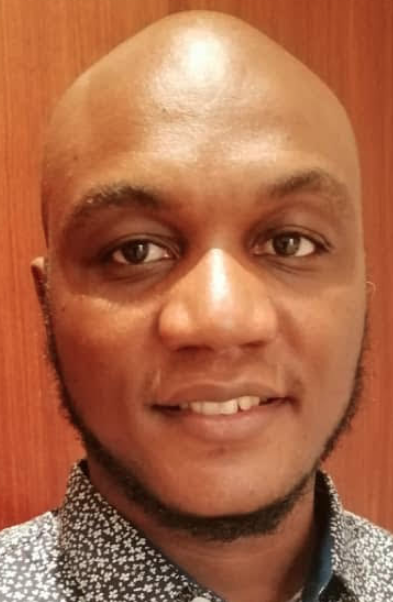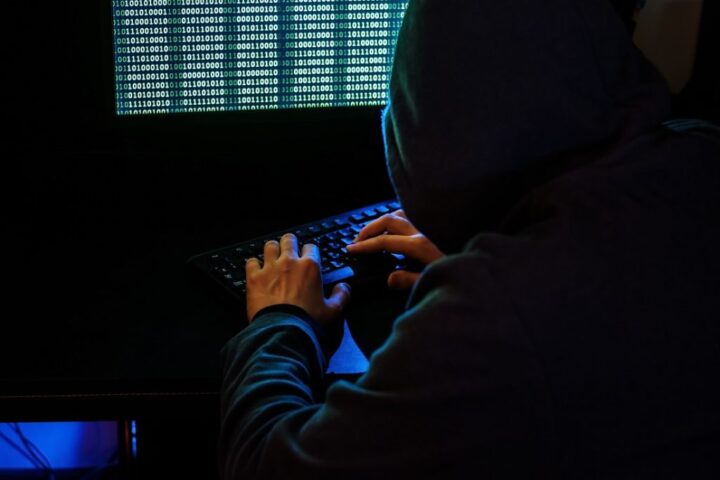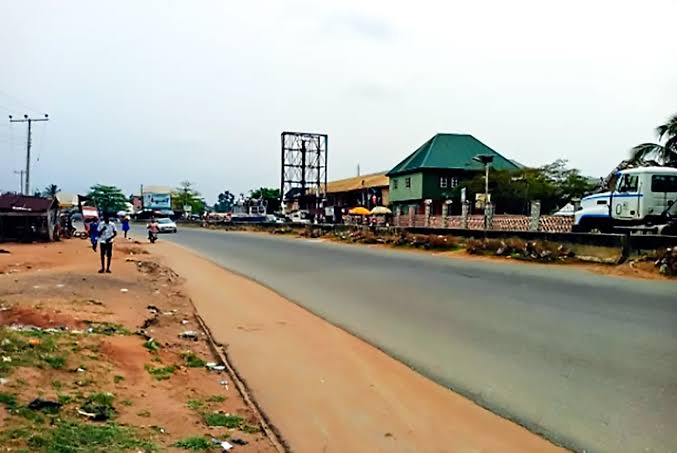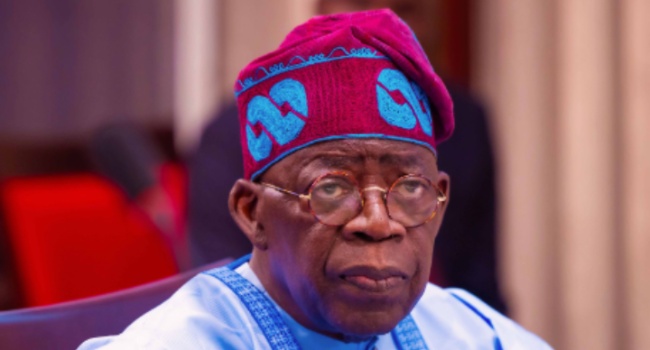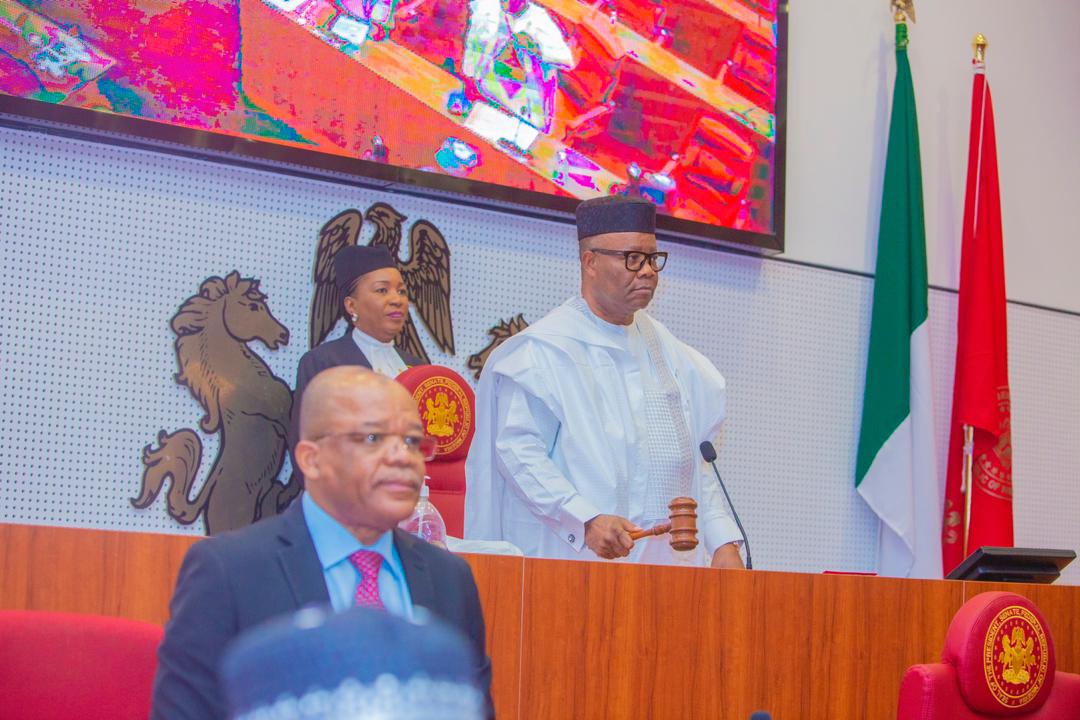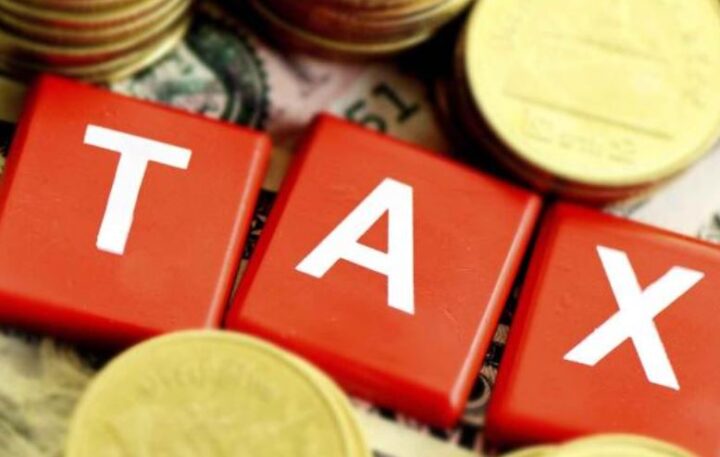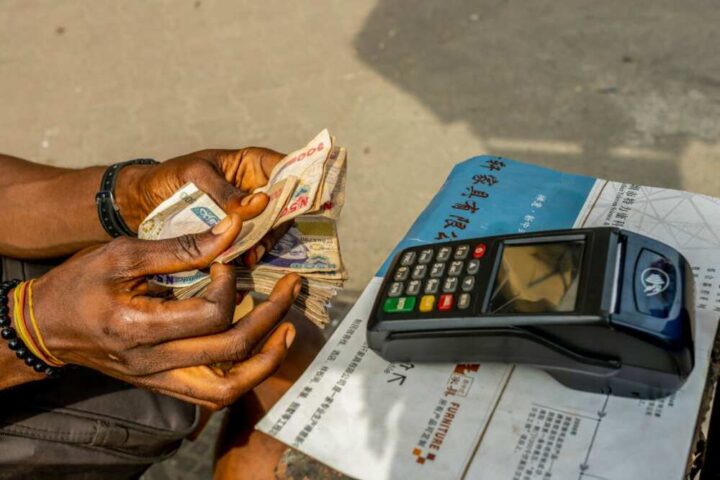Photo: Business Leader
One of President Bola Tinubu’s most famous quotes is “let the poor breathe”. The quote has become a national anthem in most places in Nigeria, but it seems the policies of the government so far are in stark variance with that famous quote, leaving many Nigerians questioning the true intentions behind these sweeping economic reforms.
First, when the president announced the removal of fuel subsidies during his inauguration speech, it marked the beginning of a spiraling inflation crisis in the country. After some weeks, this was followed by the decision to allow the naira to float freely on the foreign exchange market. To the average Nigerian, these twin policies felt like an economic armageddon.
In Nigeria, everything is inextricably tied to the prices of fuel and the US dollar. Even a humble tomato seller who has never physically seen a dollar in her life will confidently tell you that the fluctuating exchange rate has forced her to increase her prices. These vital commodities are the linchpins of the Nigerian economy, and any disruption to their pricing sends shockwaves through every sector and industry.
Those two major decisions by the government threw the entire economy into turmoil. The administration has attempted to reassure the public that these are merely “teething problems,” and that the benefits of these reforms will become evident in the future.
Advertisement
However, the glaring irony of the whole situation is that while the breath is being squeezed out of the poor, the political class continues to live in opulent splendour, seemingly unaffected by the economic upheaval.
So far, Nigerians have not witnessed any modicum of sacrifice from their elected leaders. The budgets allocated to political offices and their vast entourages of aides remain humongous, with no apparent effort to tighten their belts or lead by example during these trying times.
While the poor are gasping for breath, the political elite carries on with business as usual, ensconced in their lavish lifestyles.
Advertisement
As if the fuel subsidy removal and naira devaluation were not enough for Nigerians to grapple with, another bombshell was dropped – an increase in electricity tariffs. This policy change only compounded the already dire situation, triggering further price hikes in goods and services across the board.
The excruciating fuel scarcity that has plagued the nation for some days now worsened the whole crisis, leaving most Nigerians simply waiting for the final trumpet to blow, signalling an end to their misery.
Just as Nigerians were attempting to deal with the fallout from these economic blows, another banger dropped, this time from the Central Bank of Nigeria (CBN). The apex bank issued a directive to all banks and financial institutions, mandating the implementation of a cybersecurity levy on all electronic banking transactions.
This new levy, set at 0.5% of the value of every electronic transaction, was introduced in response to the escalating concerns over cyber threats and follows the guidelines of the recently enacted Cybercrime (Prohibition, Prevention, etc.) (Amendment) Act 2024.
Advertisement
According to the CBN, this measure was crucial for enhancing the security framework of financial operations across the country.
Expectedly, many Nigerians have come out in force to condemn this move, viewing it as yet another policy aimed at impoverishing the already hapless citizens who are struggling to make ends meet in the current economic climate.
No matter the good intentions behind the introduction of the cybersecurity levy, the timing of its implementation could not be worse.
The poor in Nigeria are no longer merely struggling to breathe; they are suffocating under the weight of these relentless policy changes that seem to be disproportionately burdening the most vulnerable segments of society.
Advertisement
While many of the government’s policies may indeed be beneficial in the long run, their immediate impact is crushing the poor masses, leaving many to question the human cost of these economic reforms.
What good is a policy if it lacks a human face? What is the use of implementing measures that promise future prosperity if they leave the majority of Nigerians impoverished and some even dead before they can begin to reap the purported rewards?
Advertisement
The cybersecurity levy, while well-intentioned, is another ill wind that threatens to blow away any potential good that could have come from the government’s economic agenda.
The president and his team would be well-advised to pause and allow the economy to stabilise before introducing further policies that will undoubtedly place additional strain on the already overburdened masses.
Advertisement
Hitting Nigerians back-to-back with measures that will further impoverish them is an ill wind that will blow no one any good. What’s the use of a policy if it will leave most Nigerians poor and some even dead before they begin to see the results?
It is incumbent upon the government to strike a delicate balance between implementing necessary economic reforms and ensuring that the human cost of these changes does not outweigh their potential benefits.
Advertisement
The famous quote “let the poor breathe” must serve as a guiding principle, lest the administration’s actions betray the very spirit of those words, leaving the poor not merely gasping for air, but suffocating under the weight of policies.
Views expressed by contributors are strictly personal and not of TheCable.
